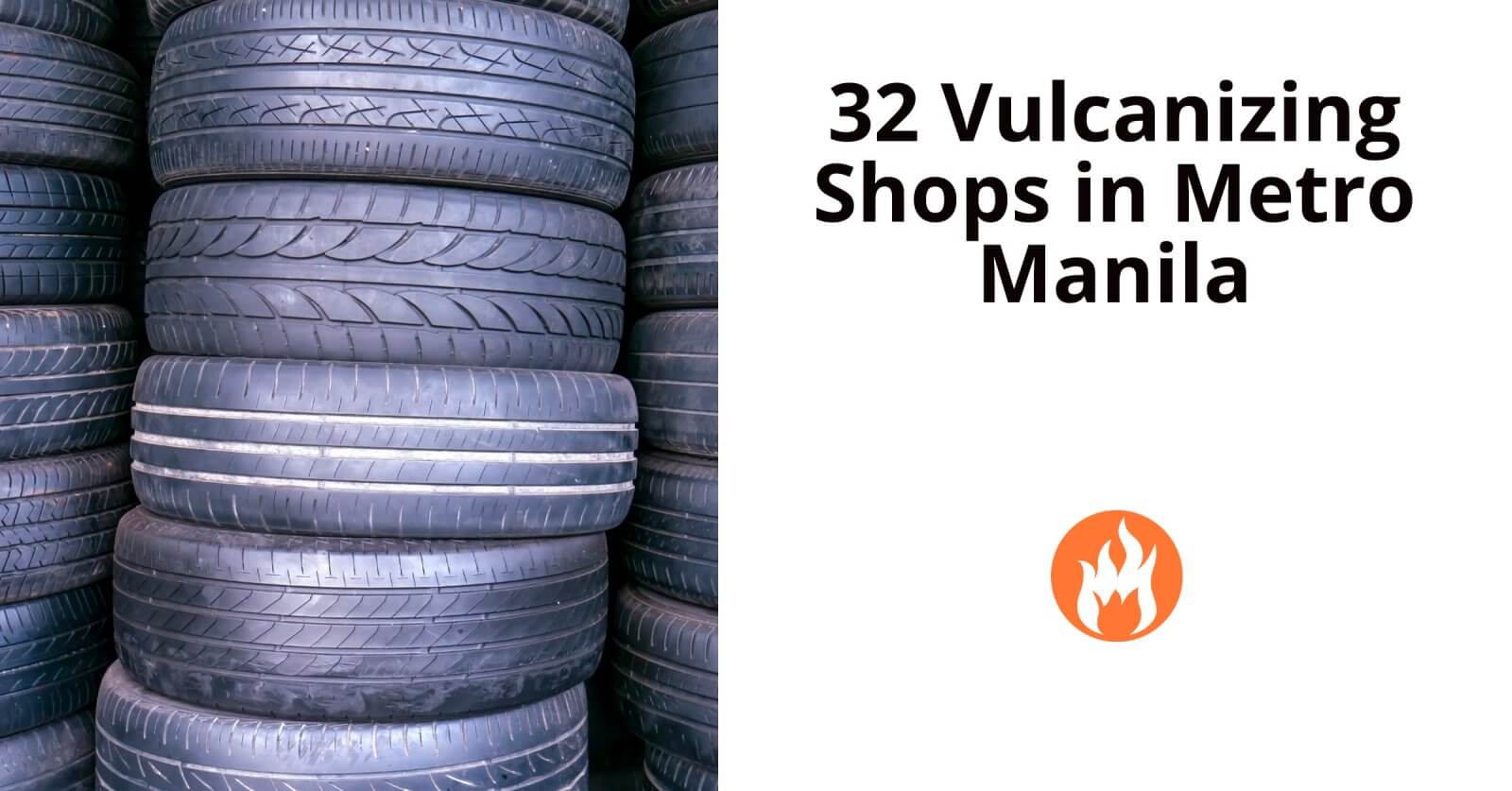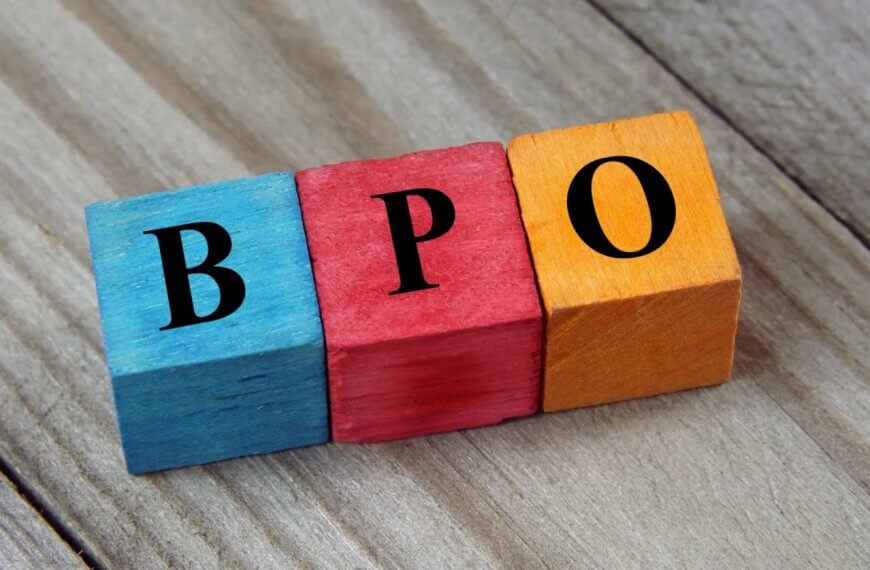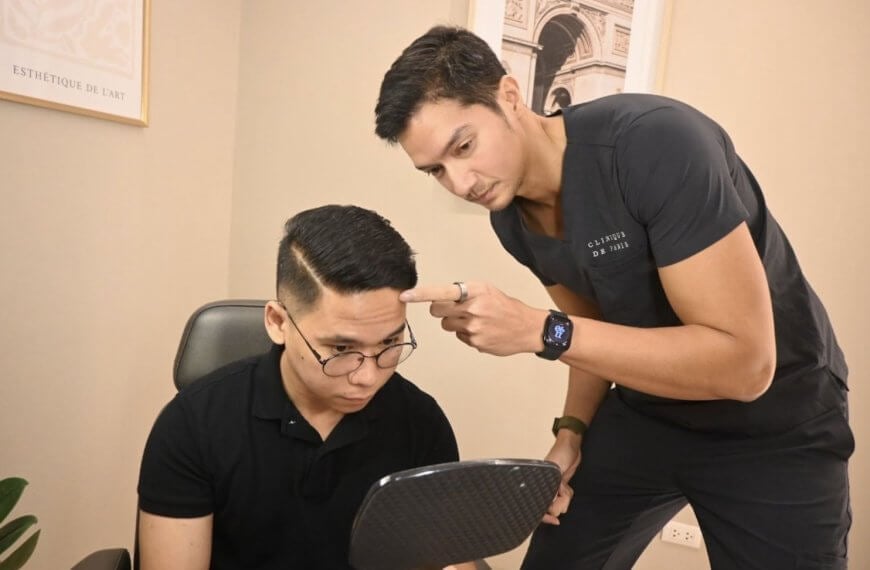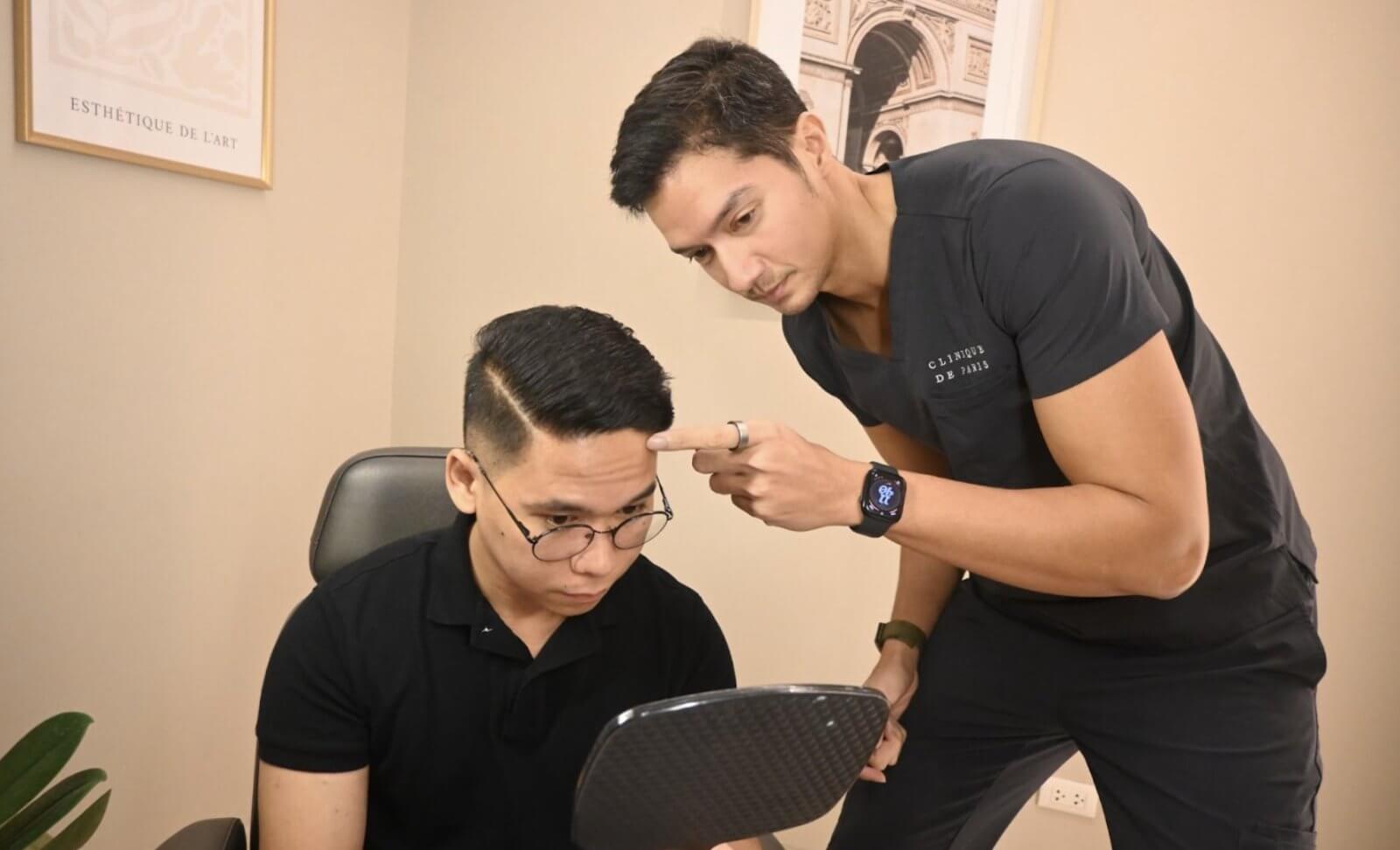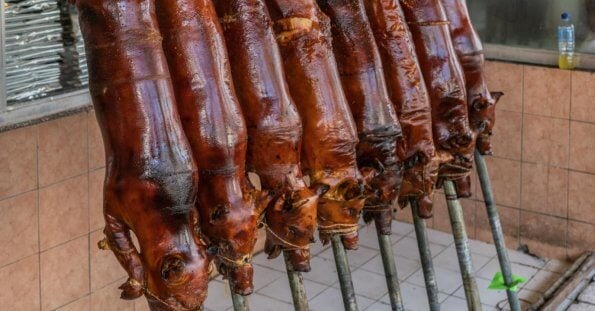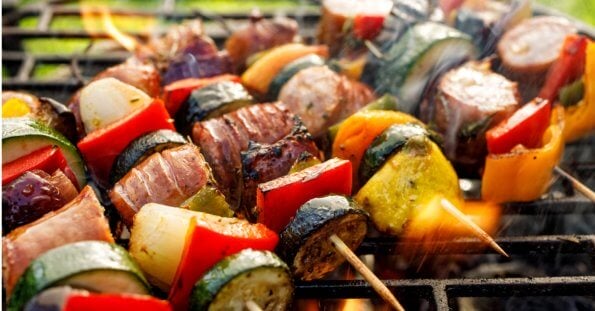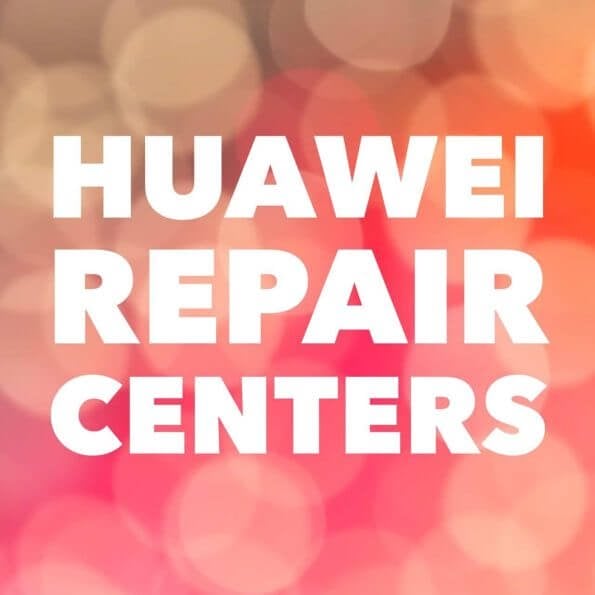Vulcanizing is a process used to strengthen and modify the properties of rubber or similar materials. It involves treating the material with heat and sulfur or other chemicals to create cross-links between the polymer chains, which enhances the material’s durability, elasticity, and resistance to various factors like heat, chemicals, and aging.
The process of vulcanization was discovered and patented by Charles Goodyear in 1839. Initially, he accidentally stumbled upon the process when he dropped a mixture of rubber and sulfur onto a hot stove, resulting in the formation of a stronger and more elastic material.
During vulcanization, the rubber or rubber-like material is typically heated to a specific temperature while being mixed with sulfur or other vulcanizing agents. This combination triggers a chemical reaction that forms cross-links between the polymer chains. These cross-links create a three-dimensional network structure within the material, leading to improved strength, stability, and resilience.
Vulcanized rubber is used in many different ways, such as car tires, belts, hoses, shoe soles, gaskets, seals, and various molded rubber products.The process of vulcanization has greatly contributed to the versatility and durability of rubber materials, making them suitable for numerous industrial and consumer applications.
Vulcanizing is an important process due to its significant impact on the properties and performance of rubber materials. Here are some key reasons why vulcanizing is important:
- Enhanced Durability: Vulcanization greatly improves the durability and longevity of rubber. The cross-linking of polymer chains during vulcanization forms a strong, three-dimensional network structure within the material. This network enhances the material’s resistance to wear, tear, and deformation, making it more durable and long-lasting.
- Increased Elasticity and Flexibility: Vulcanized rubber exhibits enhanced elasticity and flexibility compared to raw or uncured rubber. The cross-links formed during vulcanization allow the material to stretch and recover its original shape without permanent deformation. This makes vulcanized rubber ideal for applications that require elasticity and resilience, such as tires and rubber seals.
- Improved Resistance to Heat and Chemicals: Vulcanization enhances the resistance of rubber to heat, chemicals, and environmental factors. The cross-linked structure provides a barrier that protects the rubber from degradation caused by heat, oxidation, and exposure to various chemicals, including oils, solvents, and acids. This increased resistance extends the material’s lifespan and allows it to perform effectively in harsh environments.
- Stability and Dimensional Accuracy: Vulcanized rubber exhibits greater stability and dimensional accuracy compared to uncured rubber. The cross-linked structure helps the material maintain its shape and dimensions over time, reducing the risk of shrinkage, warping, or distortion. This stability is particularly crucial in applications where precise measurements and fit are required, such as in seals, gaskets, and molded rubber products.
- Safety and Reliability: Vulcanizing plays a crucial role in ensuring the safety and reliability of rubber products. By enhancing the material’s strength, stability, and resistance to factors like wear, heat, and chemicals, vulcanization improves the performance and lifespan of rubber components. This is especially important in critical applications such as automotive tires, industrial equipment, and machinery, where failure or degradation of rubber materials can have serious consequences.
Overall, vulcanizing is important because it transforms raw rubber into a durable, flexible, and resilient material that can withstand various challenges in diverse applications. It significantly enhances the performance, safety, and reliability of rubber products, contributing to their longevity and effective functioning in demanding environments.
32 Best Vulcanizing Shops in Metro Manila
| Vulcanizing Shop | ||||
|---|---|---|---|---|
| Entire Car Care Centre, Inc. | 44 Nicanor Roxas St, Santa Mesa Heights, Quezon City, Metro Manila | http://www.entirecarph.com/ | +63287321173 | |
| Mega Motion Work, Incorporated | 98 Banawe St, Quezon City, 1100 Metro Manila | http://www.goodyear.com.ph/ | +63287401553 | |
| Sun Prince TBA Corporation | 195 F. Roxas St, Grace Park West, Caloocan, 1406 Metro Manila | http://www.tirecenter.com.ph/ | +63283616431 | |
| Grandstone Tire Centre | 54 Apo St, Santa Mesa Heights, Quezon City, 1114 Metro Manila | https://grandstone-tire-centre.business.site/ | +639163195313 | |
| Joel Tire Supply and Vulcanizing | 277 Katipunan Ave, Quezon City, 1108 Metro Manila | https://joeltiresupplyandvulcanizing.business.site/ | +63234334501 | |
| Vulcanizing | G252+CMC, Naia Ave, Pasay, 1300 Metro Manila | https://pasay-city.infoisinfo-ph.com/search/vulcanizing | +639178533633 | |
| AMJ Tire Supply & Vulcanizing | 108 Mayon St, Quezon City, Metro Manila | Not found. | +63282431728 | |
| JB Javier Tire Supply & Vulcanizing Shop | 51 Bayani Rd, Afphovhai, Taguig, 1634 Metro Manila | Not found. | +63285142751 | |
| Jun Vulcanizing | 38 Imperial St, Cubao, E. Rodriguez Sr, Quezon City, 1109 Metro Manila | Not found. | +639106323333 | |
| Anthony Vulcanizing Shop | 3216 New Panaderos, 895 Sta. Ana, Manila, 1009 Metro Manila | Not found. | +639434724311 | |
| Vulcanizing Shop | H2X8+XCR, Reposo Street Corner V. Mapa, Santa Mesa, Manila, 1016 Metro Manila | Not found. | +639165658529 | |
| Do-all Vulcanizing | 123 B.Serrono Jt, Brgy .90, Caloocan, 1400 Metro Manila | Not found. | +63283611767 | |
| Vulcanizing Shop | 560 Honorio Lopez Blvd, 147 Tondo, Manila, 1013 Metro Manila | Not found. | +639196100215 | |
| Tiremasters Autocare Center Inc | 1013 Metropolitan Ave, Makati, 1205 Metro Manila | Not found. | +639175222334 | |
| Vulcanizing Shop | Tondo manila nort manila, 5000 Metro Manila | Not found. | Not found. | |
| Vulcanizing Shop | 1942 Paz Mendoza Guazon Street, Paco, Maynila, 1007 Kalakhang Maynila | Not found. | Not found. | |
| Ohana’s Vulcanizing Shop 24/7 | 1234, 1476 Galvani, Makati, 1234 Metro Manila | Not found. | Not found. | |
| vulcanizing shop | 85, 1213 Kalayaan Ave, Makati, Metro Manila | Not found. | Not found. | |
| Hazel And Honeylou Vulcanizing Shop | 751 San Francisco, Mandaluyong, 1550 Metro Manila | Not found. | +639466578167 | |
| Rañeses VULCANIZING SHOP | 509 Vicente Cruz St, Sampaloc, Manila, 1008 Metro Manila | Not found. | Not found. | |
| Ben’s Ok Tires and Magwheels – Authorized Dealer of Federal Tires | 390 Banawe St, Quezon City, 1114 Metro Manila | Not found. | +63287321595 | |
| J.e.a Vulcanizing Shop | 73 -D Kalayaan Ave, Diliman, Quezon City, 1100 Metro Manila | Not found. | +639955044326 | |
| DMA Vulcanizing Shop Makati | 2080 Capt. M. Reyes, St, Makati, Metro Manila | Not found. | +639774573643 | |
| Vulcanizing shop | HX8R+325, Malate, Manila, 1004 Metro Manila | Not found. | Not found. | |
| Bigasan Vulcanizing | 1002 Sta. Potencia St, Intramuros, Manila, 1002 Metro Manila | Not found. | Not found. | |
| Gerjohn Vulcanizing & Tire Services | 18 Christian Rte, Pasig, 1600 Metro Manila | Not found. | Not found. | |
| C & N Tire Supply & Vulcanizing Shop | 127 – H 12th Avenue, Taguig, 1216 Metro Manila | Not found. | +639602361963 | |
| Bañaga Vulcanizing | 183 N.S. Amoranto Sr. St, La Loma, Quezon City, 1114 Metro Manila | Not found. | +639336980068 | |
| Corbilla Vulcanizing Shop | 2017, 1004 M. Adriatico St, Malate, Manila, Metro Manila | Not found. | Not found. | |
| BPLL Tire Shop Vulcanizing | 600 Shaw Blvd, Pasig, Metro Manila | Not found. | +639691980100 | |
| Smj Vulcanizing Shop | 1240 Juan Luna St, Tondo, Manila, 1012 Metro Manila | Not found. | Not found. | |
| Arnel automoto shop welding vulcanizing | 2017 M. Adriatico St, Malate, Manila, 1004 Metro Manila | Not found. | +639656250633 |
What are the types of Vulcanizing?
Vulcanization is a chemical process used to improve the properties of rubber or other polymers, making them more durable, elastic, and resistant to heat and wear. There are several types of vulcanizing methods, each with its own set of pros and cons. Here are some common types of vulcanization and their characteristics:
- Heat Vulcanization:
- Pros:
- Well-established and widely used method.
- Relatively simple and cost-effective.
- Suitable for a wide range of rubber compounds.
- Cons:
- Requires high temperatures (usually 140-160°C) and long curing times.
- Can lead to material degradation if not controlled properly.
- Not suitable for heat-sensitive materials.
- Pros:
- Sulfur Vulcanization:
- Pros:
- Provides excellent overall property improvements, including increased elasticity and durability.
- Effective for a wide variety of rubber types.
- Cons:
- Can release sulfur compounds and other pollutants into the environment during the vulcanization process.
- Requires careful control of sulfur levels to avoid over-vulcanization or under-vulcanization.
- Pros:
- Peroxide Vulcanization:
- Pros:
- Offers good control over vulcanization parameters.
- Suitable for heat-sensitive rubber materials.
- Produces less odor and fewer byproducts compared to sulfur vulcanization.
- Cons:
- Typically requires higher temperatures than sulfur vulcanization.
- May not provide the same level of cross-linking as sulfur for some rubber types.
- Pros:
- Electronic Vulcanization (E-Beam or Electron Beam Vulcanization):
- Pros:
- Allows for precise control of vulcanization process.
- Suitable for heat-sensitive materials.
- Low environmental impact, as it does not use chemicals.
- Cons:
- Equipment can be expensive to set up.
- Limited availability compared to other methods.
- Pros:
- Microwave Vulcanization:
- Pros:
- Rapid vulcanization process.
- Suitable for heat-sensitive materials.
- Cons:
- Requires specialized equipment.
- Limited application for certain rubber compounds.
- Pros:
- Ultraviolet (UV) Vulcanization:
- Pros:
- Fast curing process.
- Suitable for heat-sensitive materials.
- Environmentally friendly as it doesn’t produce harmful byproducts.
- Cons:
- Limited penetration depth, which may require multiple exposures for thick rubber materials.
- Requires specific UV-curable additives.
- Pros:
The choice of vulcanization method depends on the specific requirements of the rubber product, the type of rubber compound used, and the production process. Consider the advantages and disadvantages of each method to achieve the desired results while reducing environmental impact and production costs.
Conclusion
In conclusion, Metro Manila offers a multitude of options when it comes to vulcanizing shops. There are 32 top-rated vulcanizing shops in the area, providing a variety of professional services for tire repair and rubber modification.
These vulcanizing shops in Metro Manila provide expertise and knowledge in the field of rubberThere are 32 top vulcanizing shops in the area that offer various professional services for tire repair and rubber modification.the durability, elasticity, and performance of rubber products.
The many vulcanizing shops give customers options, so they can find good and affordable services.Whether it’s for automotive tires, industrial applications, or other rubber products, Metro Manila’s vulcanizing shops cater to a diverse range of needs and requirements.
